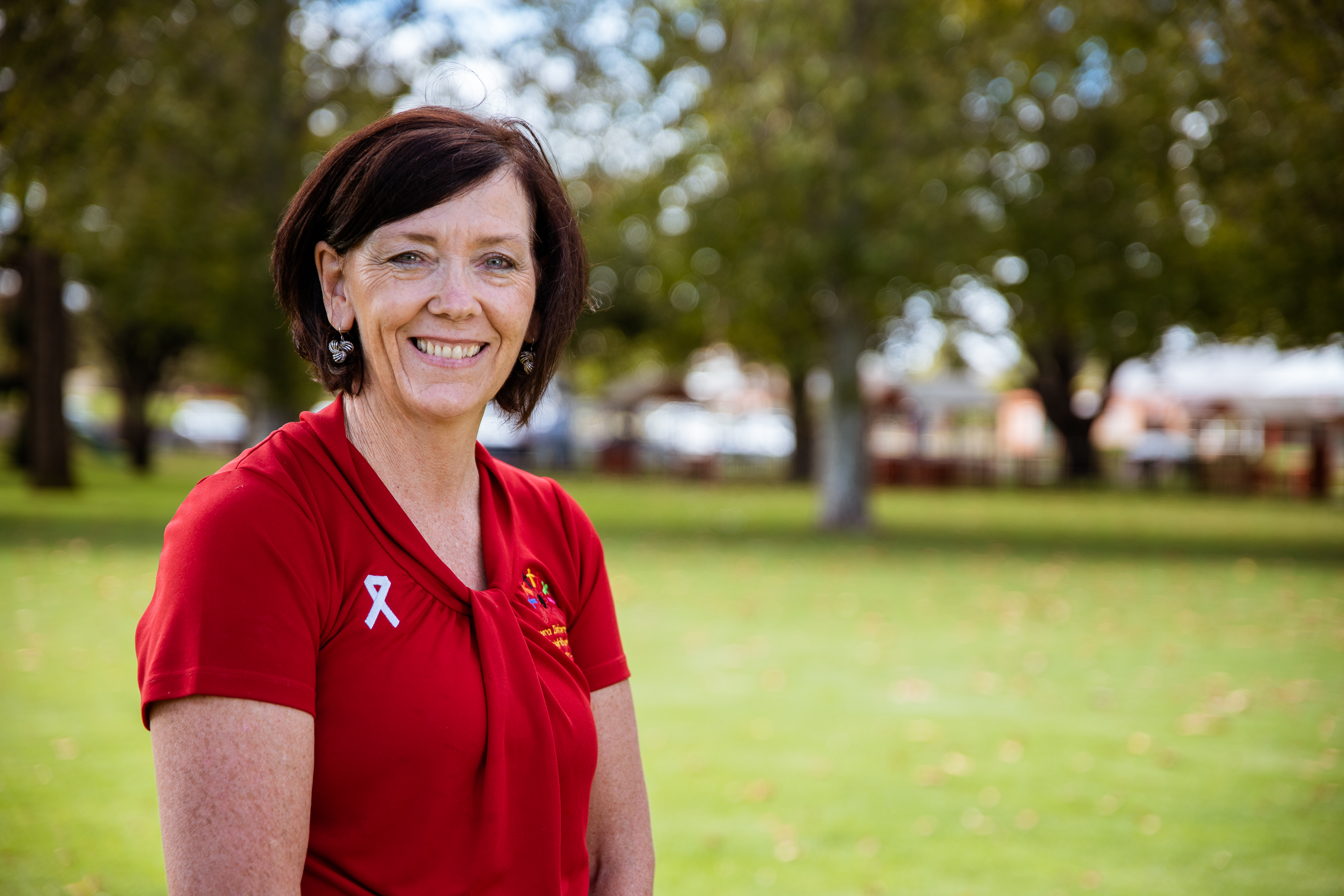Automatic language translation
Our website uses an automatic service to translate our content into different languages. These translations should be used as a guide only. See our Accessibility page for further information.
Community is at the heart of programming at Cowra Information and Neighbourhood Centre (CINC). By taking a collaborative approach, CINC are building flexible programs with the Cowra community in mind. Cowra Information and Neighborhood Centre delivers a range of programs for children, families and young people, to ensure “no one is left behind”, and strongly believes that with a bit of support, everyone has the capacity to succeed.
Are you a TEI practitioner or someone with an interest in TEI practice? Take a closer look at the practice behind the story and learn how these TEI practitioners were able to connect with their clients and communities to achieve strengths-based and person-centred outcomes.

Fran is the Chief Executive Officer of Cowra Information and Neighbourhood Centre (CINC), a Cowra local and part of the community for 17 years. She is featured in the video case study above with Mindy and is a passionate advocate for supporting people earlier on.
I’m like a salesman in Cowra, telling everyone what we are doing at CINC. It’s really important to create networks and connections in our broader community. Partnerships and connections with businesses and other organisations can offer immense benefits. We are lucky to receive support from lots of local businesses including Woolworths, Coles and others via the Cowra business chamber. These often take the form of program sponsorship and food donations for take home meals.
We also have a permanent seat on the Cowra Local Emergency Management Committee. This was a big achievement for us because they are usually held by much bigger organisations. We attend those meetings at every opportunity, using them to share what we are hearing and seeing in the community and what we are doing. Our voice is valued there because other organisations know that what we are saying is genuinely reflective of what’s going on in the community.
Develop a good relationship with your Department of Communities and Justice (DCJ) Commissioning and Planning Officer (CPO) (for funded service providers). Don’t be afraid of them or try to hide any issues from them. Talk to them, get their advice and input, and tell them what you’re seeing in the community. DCJ wants the best for clients, and so do we, we’re on the same team. DCJ have commissioned us to deliver the work because we know our communities best, so if something isn’t working talk to them about it and try to find a solution together.
What’s so good about TEI, is that it’s locally-based. This gives us the flexibility to listen to our community, so when we collaborate and connect with our DCJ CPO, we can adapt and respond to the changing needs we see. One significant challenge that impacts our community work, is that we are very reliant on outreach services. For example, some of our practitioners travel from larger metropolitan or regional centres to Cowra once a week. This makes it really hard for them to get to know the community and understand the nuances here. It also makes it hard for them to build trust with the community. I think this issue is faced by many regional places.
If you believe someone you know would benefit from some extra support or connecting with community services, search TEI on ServiceSeeker to find a service. If you need help finding a TEI service visit Family Connect and Support.
If you’re working with a family or young person and would like to refer to one of these services, search TEI on ServiceSeeker.
07 Jul 2023